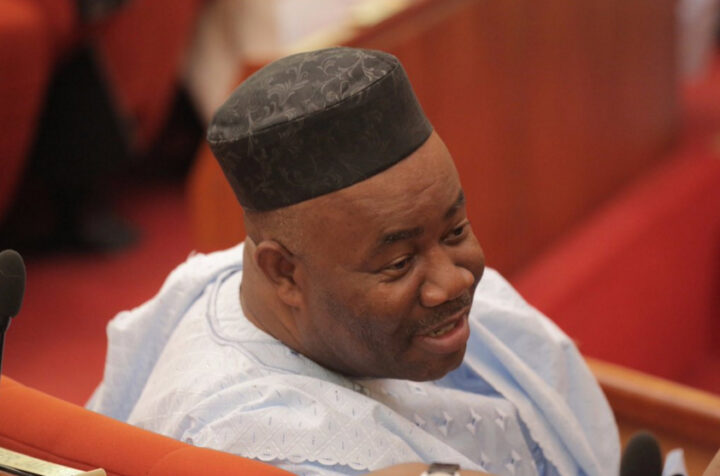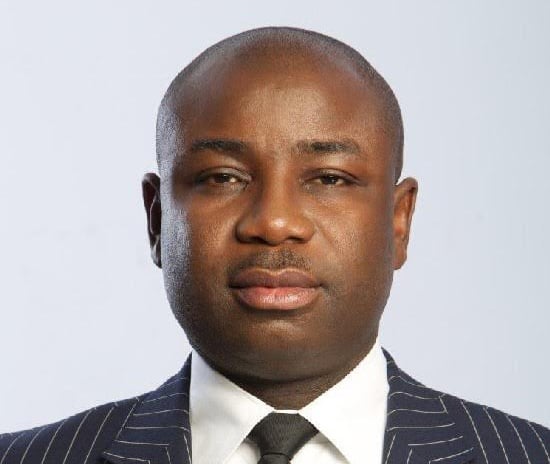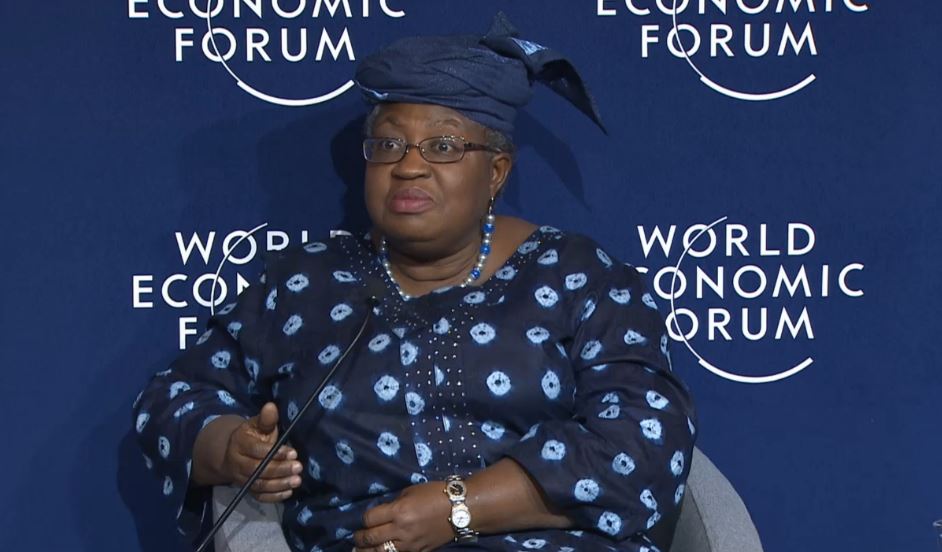The federal government in partnership with UNICEF and the World Health Organisation (WHO) has commenced the vaccination of 4.7 million children in response to an outbreak of measles in the north-east.
In a statement on Thursday, UNICEF said Adamawa, Borno and Yobe, which have been hard to access since the emergence of Boko Haram, will be covered in the campaign.
“Security has improved in some areas so we have acted quickly to access places we could not previously reach and protect children from the spread of a very dangerous disease”, said Mohamed Fall, UNICEF representative in Nigeria.
“We are still extremely concerned about children living in large areas of Borno state that are not yet accessible.”
Advertisement
“In 2016, there were approximately 25,000 cases of measles among children in Nigeria; 97 percent of the cases were in children under the age of 10 and at least a hundred children died.”
Explaining the outbreak, UNICEF said “measles infections tend to increase during the first half of the year because of higher temperatures”.
It lamented the low coverage of measles vaccination across Nigeria, saying only a little over 50 percent of children were being reached.
Advertisement
“Worse, children are particularly vulnerable in areas affected by conflict as the risks for malnourished children who have weakened immunity are further heightened,” UNICEF said.
“The conflict and resulting displacement have left more than 4.4 million children in Nigeria in need of humanitarian assistance, with an estimated 450,000 children likely to suffer from Severe Acute Malnutrition in 2017.”
The vaccination will also include vitamin A supplement for children under five to boost their immunity as well as de-worming tablets, according to the agency.
“The campaign is part of UNICEF’s wider emergency health response in the three northeast Nigerian states. In partnership with Nigerian authorities, UNICEF has provided primary health care services for both internally displaced persons and the vulnerable host communities within which they have sought shelter,” the statement read.
Advertisement
Add a comment







